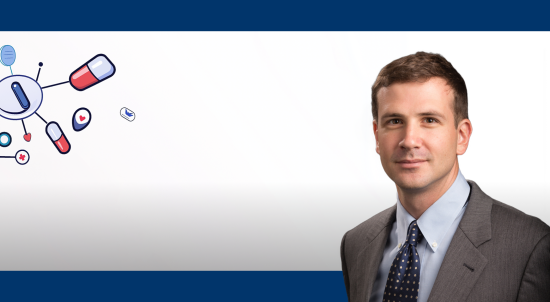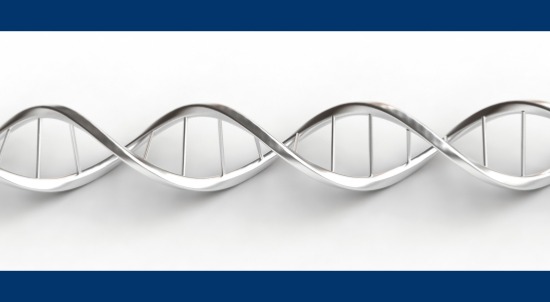
Medical Software and Medical Artificial Intelligence
Published: October 2023
Description
💡 NEW: Watch the above video of our most recent informational webinar from November 16, 2025, or view the slides here.
Looking to advance your career in the medical device or pharmaceutical industry? Are you an entrepreneur looking to create new digital medical tools and apps? Are you an executive who needs to gain an understanding of how medical software and medical artificial intelligence will impact your industry moving forward? Are you a computer/data scientist or software engineer looking to enter or advance in the medical software industry? Look no further than our foundation certificate in Medical Software and Medical Artificial Intelligence. We will introduce both the technical and regulatory aspects of this rapidly growing and evolving field to allow you to gain the skills necessary to achieve your career goals.
This is a 16-week online program. Each week includes:
. • Pre-recorded video lectures (60–75 minutes/week)
. • Live online Q&A sessions with instructors and guest experts from academia and industry (offered at multiple times—typically noon and 8 PM New York time—to accommodate global learners)
Applications will be processed on a rolling basis. The program will start on January 21, 2026.
Here is an outline of the program for 2026 (by week):
1. Systems Theory + Medical Device Regulation
2. Introduction to Probability, Statistics, and Machine Learning
3. The core data challenges in building ML systems.
4. Regulatory Issues II: Quality Systems, Risk Management, Software and AI Regulations
5. Introduction to Classical Machine Learning
6. Deep Neural Networks
7. Large Generative Models
8. AI Hands-on Lab assignment
9. The Medical Software Engineering Lifecycle
10. Software Engineering for, and with, AI
11. Cybersecurity, Privacy, and Data Management
12. Explainability, Transparency, Bias, and Horizontal AI Regulations
13. AI in Medical Imaging
14. Clinical Decision Support Systems
15. Other current and emerging medical AI applications
16. Course summary: the state of Medical AI
This non-degree program builds on the foundation of the recently published textbook, "Introduction to Medical Software: Foundations for Digital Health, Devices, and Diagnostics," and the popular companion Yale Coursera Course, "Introduction to Medical Software." The class has already enrolled over 32,000 students from around the world. The program is be taught by a team of experienced faculty from the Section of Biomedical Informatics and Data Science at the Yale School of Medicine with expertise in AI, data science, clinical decision support, and medical software. Professor Papademetris will lead the program (click here for more information), who was the lead instructor of the Coursera class.
Visit the Yale Biomedical Informatics & Data Science YouTube Channel to see recordings of informational webinars about this program, sample lecture videos, and freely available guest expert interviews. (This PDF contains a detailed description of the course content from last year's program.)
Application requirements:
1. Resume upload, 1-2 pages, PDF format preferred
2. Statement of Purpose, 200 words
3. (Optional) Contact information for 1-2 professional references
If you're looking to advance your career in the medical device industry, our certificate in Medical Software and Medical Artificial Intelligence is the perfect opportunity. Enroll today and take the first step toward achieving your career goals.
Would you like to see exclusive excerpts from our new Certificate Program in Medical Software and Medical Artificial Intelligence? Check out the video here for a preview.
Program Takeaways
- Gain essential knowledge and skills in the combined areas of medical software and medical artificial intelligence and how they are transforming the medical device and pharmaceutical industries.
- Understand what AI is and how it is changing medical practice and products.
- Understand how the current (and emerging) regulatory processes impact how medical software applications are designed, implemented, and tested.



